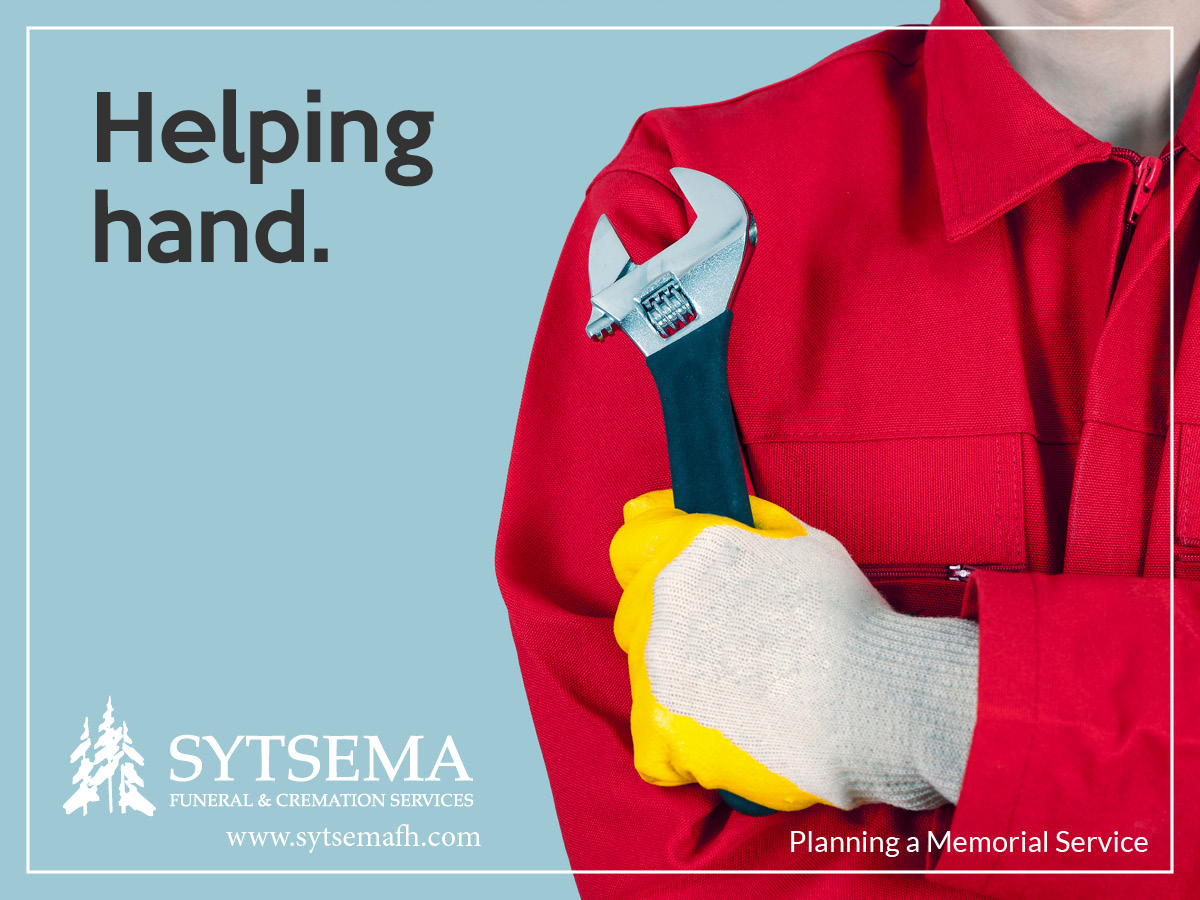
Should I Go to the Funeral?
Posted on July 21, 2022 by Sytsema Funeral Home | Leave a comment
Posted under Funeral
Why should you attend a funeral? The presence of family and friends at the funeral is appreciated. We gather to acknowledge a life that was lived. We gather to comfort those for whom life has just been forever changed by the death of someone they loved. If you care for one or more of […]
Continue Reading
Why Children Should Be Included in a Funeral.
Posted on July 7, 2022 by Sytsema Funeral Home | Leave a comment
Posted under Funeral Service
When a child falls and scuffs a knee, we kiss the boo-boo. A boo-boo kiss doesn’t really make the injury “all better” but, it is an important first step. It acknowledges the injury. The child is comforted that an adult is in charge. They know they are not alone. The hurt knee might need stitches, or […]
Continue Reading
Planning a Memorial Service: Do it Yourself or Call the Funeral Director?
Posted on June 23, 2022 by Sytsema Funeral Home | Leave a comment
Posted under Funeral Service, Memorial Service
Who fixes the toilet at your house? The self-appointed plumber or the professional plumber? Some call the professional before the not-so-handy handy person takes the lid off the tank. We know, from experience, what happens once that lid hits the floor and the tools come out. It all starts out calm, cool and collected. The […]
Continue Reading
When Where You Live is Not Where You Want to be Buried
Posted on June 9, 2022 by Sytsema Funeral Home | Leave a comment
Posted under Burial
Sometimes people make something appear so simple and effortless that we forget how complex the task really is. We begin to undervalue its accomplishment. If you’ve ever taught a child or a grandchild to tie a shoelace you know what I mean. Once you’ve got it, and have been doing it for a while, […]
Continue Reading
There is a Vitality
Posted on May 26, 2022 by Sytsema Funeral Home | Leave a comment
Posted under General
“When I die, I really don’t care what you do with me. Just ___ ___ me. I don’t want you to make a fuss.” Really? Are these the instructions you are leaving your family? Of course, it does not matter to you and you really will not need a fuss. You will be the […]
Continue Reading